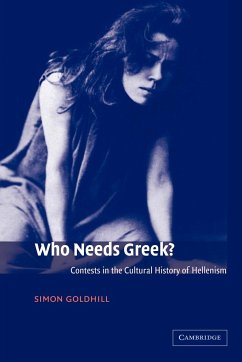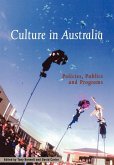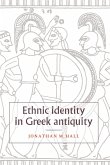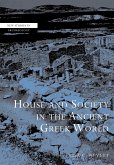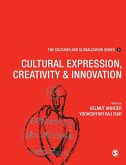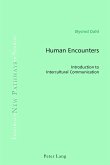Does Greek matter? To whom and why? This interdisciplinary study focuses on moments when passionate conflicts about Greek and Greek-ness have erupted in both the modern and the ancient worlds. It looks at the Renaissance, when men were burned at the stake over biblical Greek, at violent Victorian rows over national culture and the schooling of a country, at the shocking performances of modernist opera - and it also examines the ancient world and its ideas of what it means to be Greek, especially in the first and second centuries CE. The book sheds fresh light on how the ancient and modern worlds interrelate, and how fantasies and deals, struggles and conflicts have come together under the name of Greece. As a contribution to theatre studies, Renaissance and Victorian cultural history, and to the understanding of ancient writing, this book takes reception studies in an exciting new direction.
Table of contents:
Introduction: shaking the foundations; 1. Learning Greek is heresy! Resisting Erasmus; 2. Becoming Greek, with Lucian; 3. Blood from the shadows: Strauss' disgusting degenerate Elektra; 4. Who knows Greek?; 5. The value of Greek: why save Plutarch?; Conclusion: rainbow bridges.
Does Greek matter? To whom and why? This lively, illustrated, interdisciplinary study focuses on moments when passionate conflicts about Greek and Greek-ness have erupted in the modern and ancient worlds, ranging from ancient Greece through the Renaissance to modernist opera. It takes reception studies in an exciting new direction.
Lively study of conflicts about the meaning of Greek-ness in the modern and ancient worlds.
Table of contents:
Introduction: shaking the foundations; 1. Learning Greek is heresy! Resisting Erasmus; 2. Becoming Greek, with Lucian; 3. Blood from the shadows: Strauss' disgusting degenerate Elektra; 4. Who knows Greek?; 5. The value of Greek: why save Plutarch?; Conclusion: rainbow bridges.
Does Greek matter? To whom and why? This lively, illustrated, interdisciplinary study focuses on moments when passionate conflicts about Greek and Greek-ness have erupted in the modern and ancient worlds, ranging from ancient Greece through the Renaissance to modernist opera. It takes reception studies in an exciting new direction.
Lively study of conflicts about the meaning of Greek-ness in the modern and ancient worlds.

